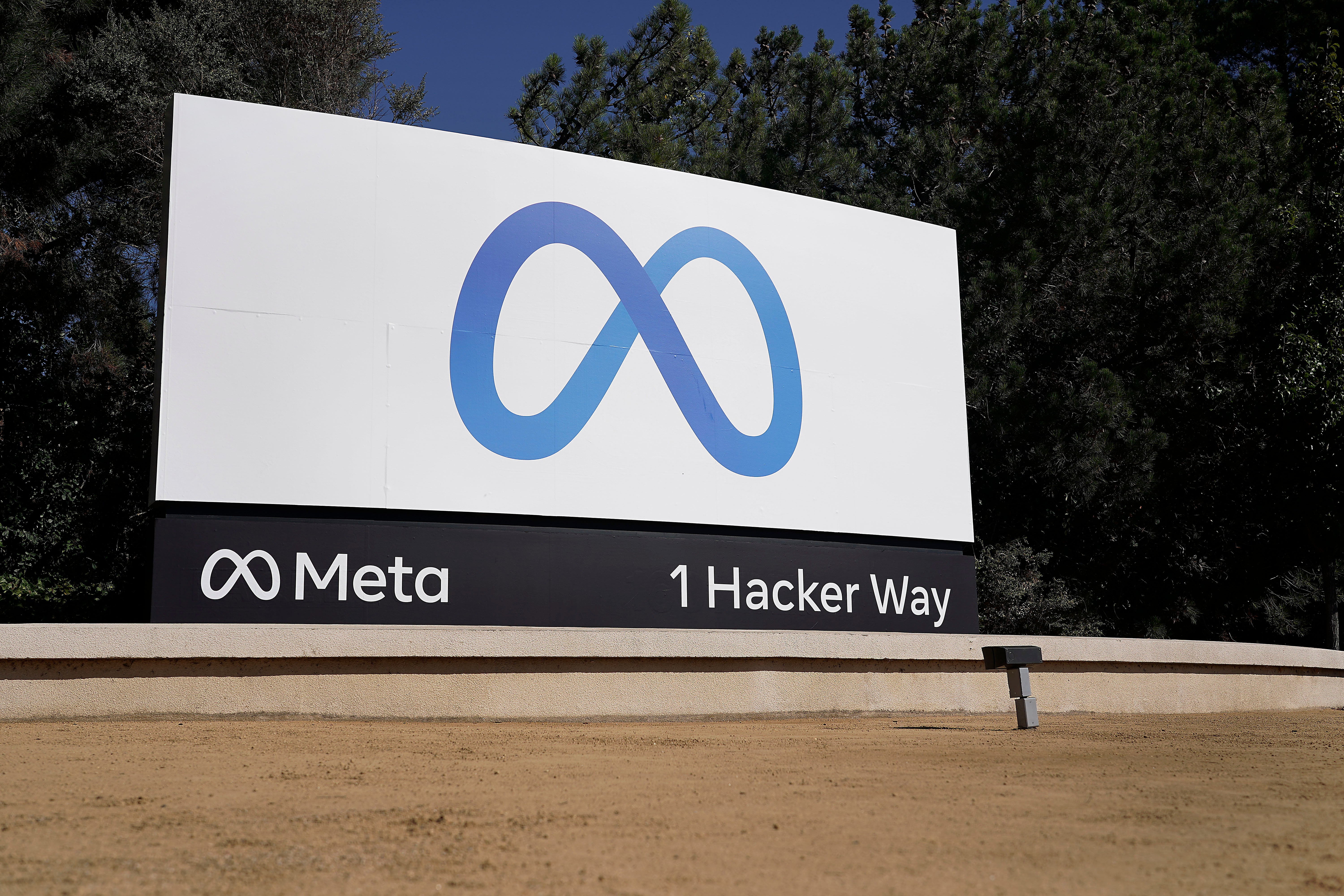Meta: Facebook owner wants to build ‘the most powerful AI supercomputer in the world’

Your support helps us to tell the story
From reproductive rights to climate change to Big Tech, The Independent is on the ground when the story is developing. Whether it's investigating the financials of Elon Musk's pro-Trump PAC or producing our latest documentary, 'The A Word', which shines a light on the American women fighting for reproductive rights, we know how important it is to parse out the facts from the messaging.
At such a critical moment in US history, we need reporters on the ground. Your donation allows us to keep sending journalists to speak to both sides of the story.
The Independent is trusted by Americans across the entire political spectrum. And unlike many other quality news outlets, we choose not to lock Americans out of our reporting and analysis with paywalls. We believe quality journalism should be available to everyone, paid for by those who can afford it.
Your support makes all the difference.Meta says it wants to build the most powerful artificial intelligence supercomputer in the world.
The Facebook owner has already designed and built what it calls the AI Research SuperCluster, or RSC, which it says is among the fastest AI supercomputers in the world.
It hopes to top that league by mid-2022, it said, in what would be a major step towards increasing its artificial intelligence capabilities.
That is partly focused on the metaverse, which Meta has staked its future on. With that new technology, “AI-driven applications and products will play an important role”, it said in its announcement.
The RSC is being used to create models that are being used for natural-language processing as well as computer vision, Meta said. It hopes to use it for speech recognition and other technologies in the future, it said.
But it also hopes that it can build entirely new AI systems, it said. Those could include the ability to provide real-time voice translations for large groups of people – so that a big team, each speaking a different language, could work or play together, it said.
That will require a host of technology that is not yet fully realised. It would need to be able to analyse large amounts of data, in loud scenarios such as concerts, and understand it in different languages, dialects and accents.
Meta has been working heavily on artificial intelligence since 2013, when it built the Facebook AI research lab. It has built computing technologies for that work before – but the RSC is the largest and most spectacular yet.
The plan to build a new computing infrastructure to power that work, based on a totally clean slate, began in early 2020, Facebook said. The aim was to allow it to train models that could analyse data sets as big as an exabyte – equivalent to 36,000 years of high-quality video.
RSC is already working today. But Meta says it will continue to grow it – building from just over 6,000 GPUs today to 16,000, and in so doing increasing its AI training performance by 2.5 times.
That will allow it to improve the artificial intelligence in its existing services, “but also to enable completely new user experiences, especially in the metaverse”, Meta said in a blog.
Join our commenting forum
Join thought-provoking conversations, follow other Independent readers and see their replies
Comments